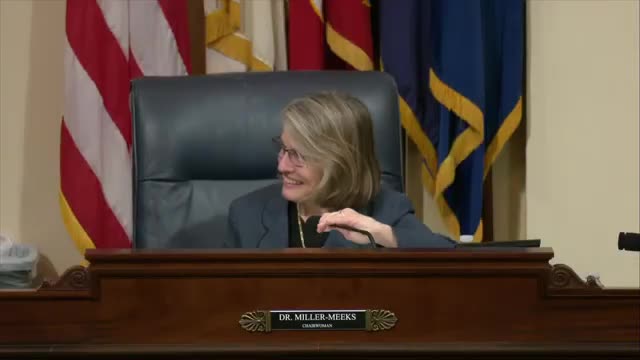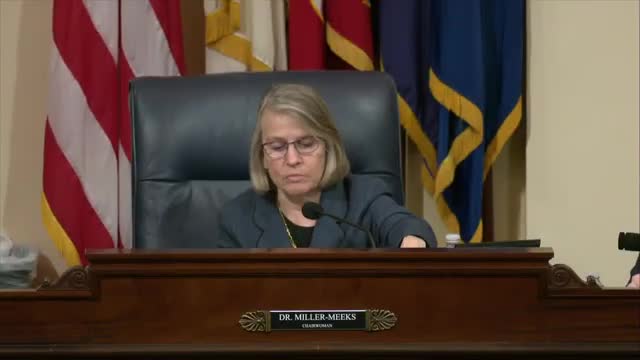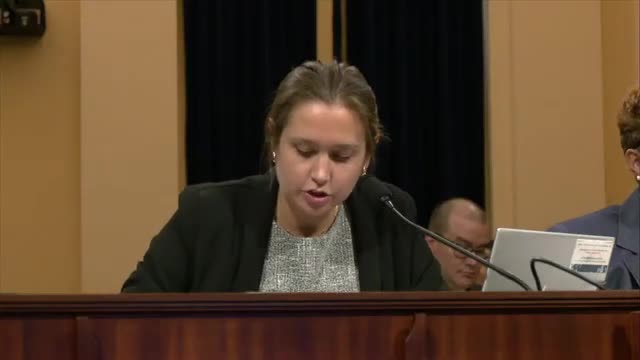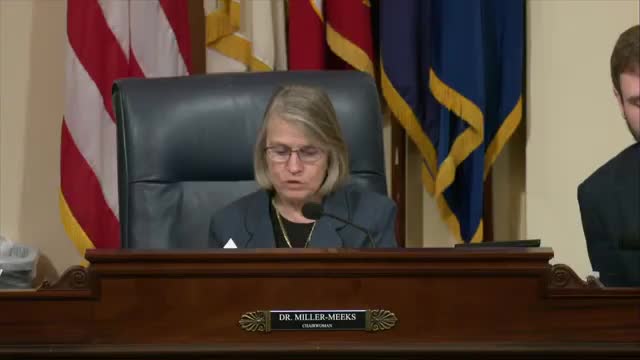Article not found
This article is no longer available. But don't worry—we've gathered other articles that discuss the same topic.

Subcommittee forwards five bills en bloc and advances measure to expand promotion opportunities for marriage and family therapists at VA

Subcommittee reauthorizes Fox grant program through 2026 after debating screening and eligibility rules

Subcommittee advances bill directing GAO review of VA budgeting after last year’s reported shortfalls

